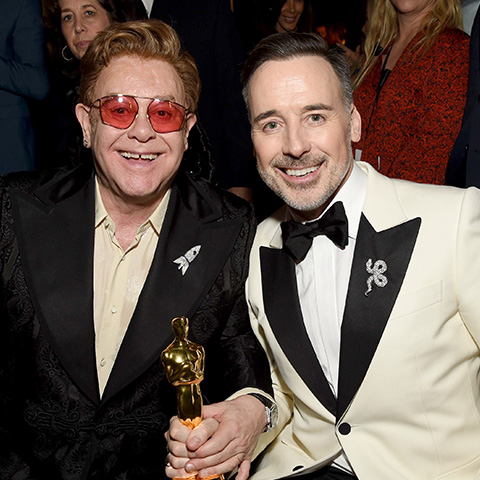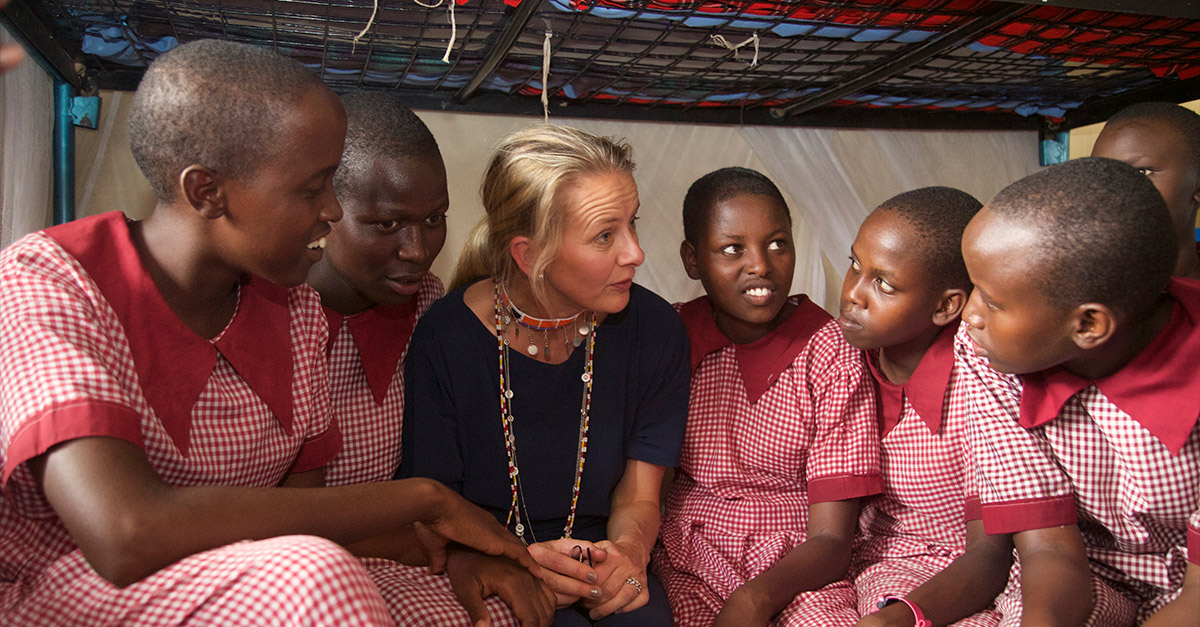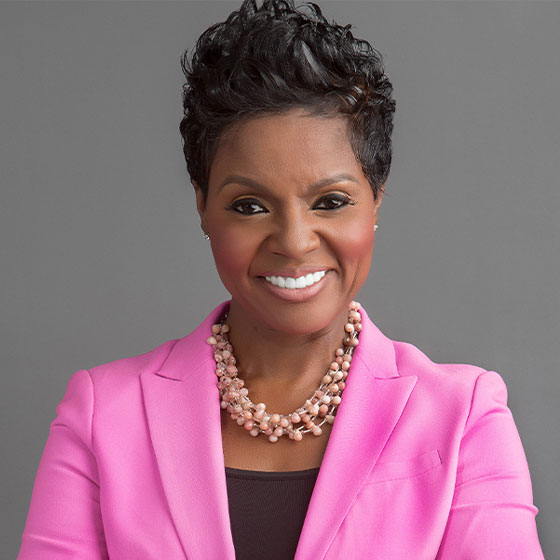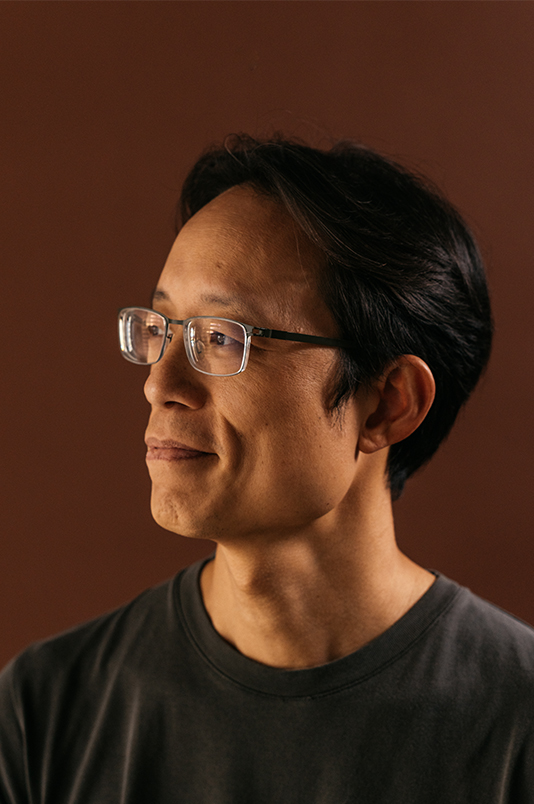
As with revolutions throughout history, property rights are central to Yat’s purpose. But rather than who owns land, factories or labor, it is ownership of perhaps the twenty-first century’s most precious commodity with which he is concerned. Data on its own is just blocks of information, but when put together, data becomes knowledge,
he reflects. And that knowledge is what drives our world today.
The problem that he and millions like him identify, though, is that we don’t own our data. Nor do we have control over the digital domain where it is created and then circulates. We believe the internet as a space is perhaps the most important place for society today, as that’s where we spend much of our time and attention, and where value is generated,
he explains. But big tech companies control the data, even though the value of this resource comes from us.
However, a new era may be upon us – or soon will be. Widely considered the next generation of the internet, the metaverse is an immersive 3D world that brings together physical and digital realities. Within this world, avatars of ourselves will interact with one another and businesses in a landscape that draws strongly from the physical world but with many hi-tech enhancements.
Much more than just a futuristic environment, though, the metaverse offers the potential to do things in a different way. Today, we hand over our data to big tech companies in return for ‘free’ services, such as the use of social media platforms,
says Robby Yung, CEO of Animoca Brands. But such companies don’t share the huge revenues they generate from that data with us. But what if people were empowered to own their own data and could monetize it as they saw fit?
Central to this alternative vision for the internet are blockchain and decentralized finance or ‘DeFi’. Blockchain – a distributed ledger technology – could potentially enable the ownership of data to be recorded, tracked and transferred, thus acting as digital title deeds. DeFi – blockchain-based financial services with no central financial intermediaries – could then allow borrowing against digital assets to which we had title. Indeed, this is already a reality, on a limited scale.Some owners of digital artwork have used such assets as collateral to secure loans.
Contrasting systems of property ownership have provided the backdrop to much of Yat’s life. Born and raised in 1970s Austria, with its social democratic strain of capitalism, he made frequent childhood trips to visit his mother who was working as a musician in then-communist East Berlin. As a young man, he would then experience first-hand the free and freer market models of the 1980s US and 1990s Hong Kong respectively.
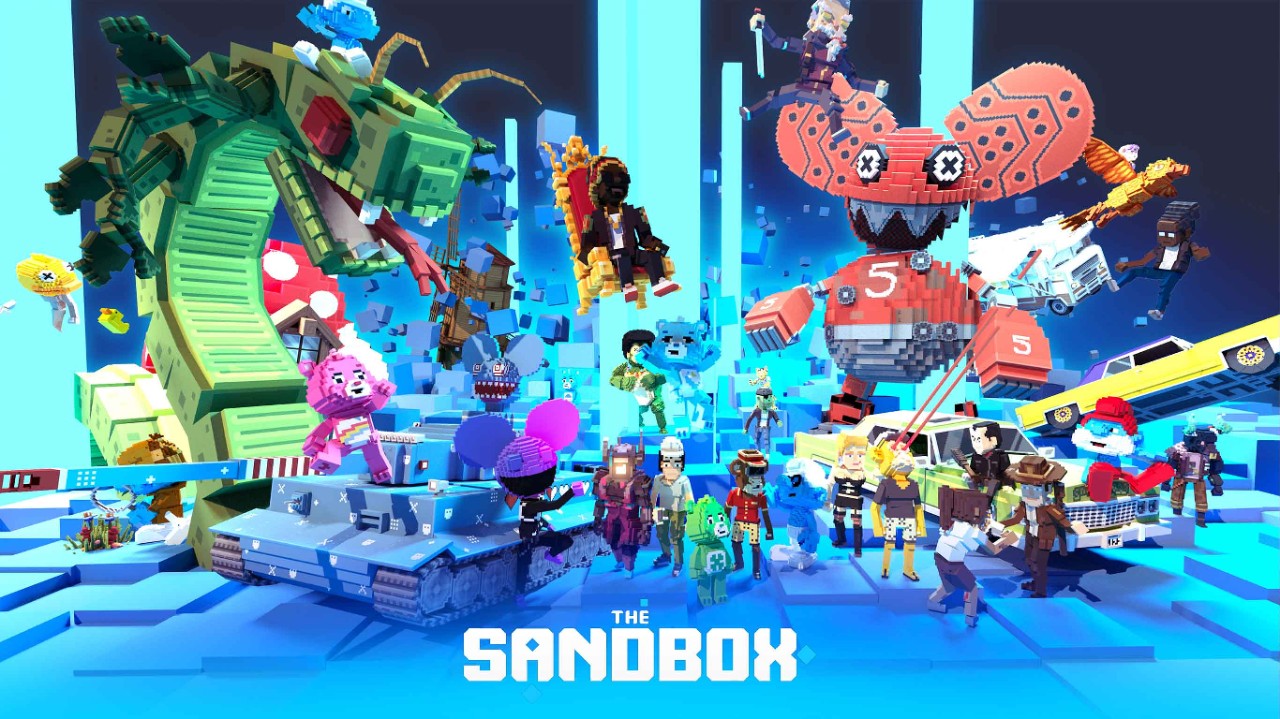
Animoca Brands’ commitment to digital property rights is also partly rooted in some of its earliest business experiences. A pioneer developer of smartphone games, the company’s predecessor organization enjoyed striking early success in the early 2010s. Indeed, so successful were its games one festive season that they collectively dominated the top twenty rankings on their principal app store. Perhaps sensing potential manipulation, the app store summarily excluded the games from its platform.
The episode was traumatic. Overnight, Animoca went from being one of the world’s leading mobile game developers to losing its sole sales outlet. While revenues had dropped to zero, Yat had 150 people on the payroll. The company managed to survive via a combination of finding another – albeit much smaller – outlet, generating revenue by ad sales rather than in-app purchases and selling off apps to competitors.
Part of being successful in technology is being adaptive in the face of change,
remarks Robby, looking back at the company he joined just four weeks after its de-platforming. Technologies, platforms and things in your business all change. Whatever you’re working on, you just have to accept it’ll have changed within a few years, perhaps becoming completely obsolete. And you will then be doing something else.
This adaptive spirit not only helped save the company but has subsequently seen it thrive. Animoca Brands – spun out of Animoca in 2014 – pivoted away somewhat from mobile games to focus on blockchain gaming. Blockchain games enable players to purchase and customize items within the game – pixelated racing cars or weapons, perhaps – which can then be traded with other players, rented out or taken away to be used in other games. Payments are typically made in cryptocurrency.

As well as developing games itself, Animoca Brands has extensive exposure to blockchain gaming and other blockchain applications via strategic investments in 380 other companies. We can’t deliver true digital property rights all by ourselves and it would be hypocritical if we tried to do so,
says Yat. So that’s part of the reason why we have made so many investments.
Among the litany of hit games with which the company is associated are The Sandbox – where players take the role of quasi-deities, buying virtual land and building their own miniature universes – and Crazy Kings – which involves constructing and defending towers against rival armies. Within the games, the items that users purchase and customize take the form of non-fungible tokens (NFTs), effectively digital property deeds. Many of the games have their own cryptocurrencies, which are also created by Animoca.
The vision of Animoca Brands and many others is for the entire internet to be run on blockchain.
Especially to the outsider, gaming is surprisingly big business. There’s something like 3.2 billion people out there playing games online,
says Yat. The industry is worth more than $180 billion a year. For perspective, that is bigger than movies and music combined. And for all that, it is still growing at double-digit rates every year. But in our view, this is only the beginning. Add in digital property rights, we believe this can become a $1 trillion-a-year industry.
Of course, the significance of digital property rights goes much deeper than gaming. The vision of Animoca and many others is for the entire internet to be run on blockchain, with individuals owning their own digital identities and content and being able to capture the monetary rewards that may flow from that. One of the many areas where Animoca also identifies potential here is education.
Education is very dear to us,
says Yat. The work that teachers do in our society is incredibly valuable. But the more I explored this area, the more apparent it became to me that their immense contribution receives relatively little financial reward. I also recognized that teachers are among the biggest content creators in the world. A lot of that content is only momentary but with blockchain, we can change that. Teachers’ content can become permanent, thus forming capital, with ownership recorded and tracked.
Every company is doing a metaverse pitch, and many of them want the metaverse to be their place, where they are in control.
These insights inspired Animoca Brands’ acquisition of TinyTap, the world’s largest mobile teacher marketplace. Serving around 8.6 million families, TinyTap enables parents to subscribe to courses and other content for their children, with the teachers and other creators receiving royalties. We have seen that NFT artists can monetize their creations in this way. TinyTap is already paying millions of dollars in royalties to teachers,
says Yat. For now, the typical annual amounts might be hundreds or a thousand dollars, with a handful earning tens of thousands. But we believe the potential is huge.
While the vision of an open metaverse with individual property rights has great allure, it is far from the only conception of the internet of tomorrow. The technology giants that have done extremely well from the existing landscape are investing many billions of dollars to shape the future in their own image, seeking to identify their own platforms strongly with the concept of the metaverse.
Every company is doing a metaverse pitch, and many of them want the metaverse to be their place, where they are in control,
says Yat. For me, this would be like a theme park – a fun place to go for a few days, but not somewhere you’d want to live for the rest of your life. Without real ownership, you don’t have a stake in it. We see this vision as a dystopia compared to an open metaverse, which would be owned by the people who use it rather than by monolithic organizations
Absolute monarchs seldom give up their powers willingly,
laughs Yat. Clearly, incumbents may want to hold on to their power structure for as long as possible here. But throughout history, we see that societies that shifted from feudalistic models to open, democratic capitalist models enjoyed great benefits. The nations today with the best developed property rights are among the most prosperous.

Even if the vision of a thriving, open metaverse comes to pass, though, it is possible that other national variations may exist in parallel. Just as today’s internet contains walled off zones, so might the metaverse. I think we will see tomorrow’s online world mimic elements of what we see today, with certain countries having their own blockchain and building giant firewalls around themselves. It would be a massive undertaking, but it can be done,
says Robby.
When it comes to the tech giants, we believe they will be forced to join the open metaverse because the economics and the benefits of openness far outweigh a closed system,
he continues. Opening up can initially seem scary for incumbents. But just like when a rival sets up across
the street from a fast-food restaurant, the result is ultimately more foot traffic and more business for all. We believe that open platforms and being able to shift your digital belongings from place to place will increase overall activity across the whole metaverse.
The movement to secure digital property rights remains in its early stages. For now, many of the world’s billions of internet users remain unaware of the issues at stake. As he contemplates the future, Yat recalls the ideas of a previous revolutionary age. George Washington said that freedom and property rights are inseparable, and that you can’t have one without the other,
he says. We want an open metaverse, as we believe the net benefits to society will be enormous.
Yat Siu: My life
I was born in Vienna, Austria,
says Yat Siu. My parents were from Taiwan and Hong Kong but went to Vienna in the 1960s to study music. They must have found each other quite easily, as there were few Asian people in Austria in those days! Although we ate Chinese food at home, my upbringing was decidedly non-Chinese. While my parents spoke Chinese to each other, they spoke to me in German, which is my mother tongue.
I was an only child and my parents separated when I was still young,
says Yat. As a professional musician, my mother spent a long period in East Berlin, then under communist rule. I would travel to go to visit her. So, I was growing up not only as an only child but also generally quite alone. I developed an interest in computers. And while I wasn’t much good at music, I wrote a software program on my Atari computer for composing music. I uploaded it as freeware onto a sort of proto-internet service. It came to Atari’s notice, and they offered me a job, not knowing I was only 13. But they still let me work for them once they learned my age.
While working for Atari, I went to study in the US as they said I needed a formal computer science education. Suddenly, the company went out of business and my fellow programmers and I were out of a job. Six of us – only one of whom I’d met in real life – set up a company in California to service all the stranded Atari users. So, that was the start of my entrepreneurial journey. Eventually, we sold up, but I never found out how much we had sold for, even though I was basically a founding shareholder. It was an early lesson in making sure property rights are clearly defined!

Telling everyone that they need to own their digital property is something that I feel is my duty.
I’d never lived in Asia but was sent to Japan on a work posting in the early 1990s,
says Yat. That was the start of my love of all things Japanese. I subsequently moved to Hong Kong, where I set up Cybercity – later renamed Freenation – one of the territory’s first web page and email providers. I used to attend weekly meetings with other start-up entrepreneurs where we’d discuss our businesses and network with each other. I presented to the group about my business one day, which is how Robby and I first met.
I am an optimistic person and I believe in a brighter future,
says Yat. I am passionate about education. One of the benefits of an open metaverse with digital property rights is that it would promote financial inclusion, teaching children about economics and trade via games from a young age. I believe very strongly in more openness and greater connectedness in the world. I also feel that we have global responsibilities, as well as things we owe to our families and communities. Telling everyone that they need to own their digital property is something that I feel is my duty.
Robby Yung: My life
I was born in Dusseldorf, Germany,
says Robby Yung. My first four years were spent there, and then we moved to the US, where I was educated. At school, I learned the programming language BASIC and created elementary art and text-based adventure games. I later majored in public policy at the University of Chicago. My degree was multidisciplinary, which made me take classes I probably wouldn’t otherwise have sat – such as statistics – which have proven quite useful to me. And it helped me to think more deeply about the world.
My career started with me working for an American telecoms company, helping them enter the Chinese market,
says Robby. It was the early days of the internet in the mid-1990s and I got the idea of acquiring an internet service provider in southern China. I persuaded my father – who’d been involved in a Chinese pager business – to let me borrow some money. It turned out to be a terrible business, as we were competing against our main supplier of bandwidth! But it was a great learning experience. We transformed that into a web development venture. I later started a magazine business with some friends in Hong Kong, part of which we listed on the stock exchange.
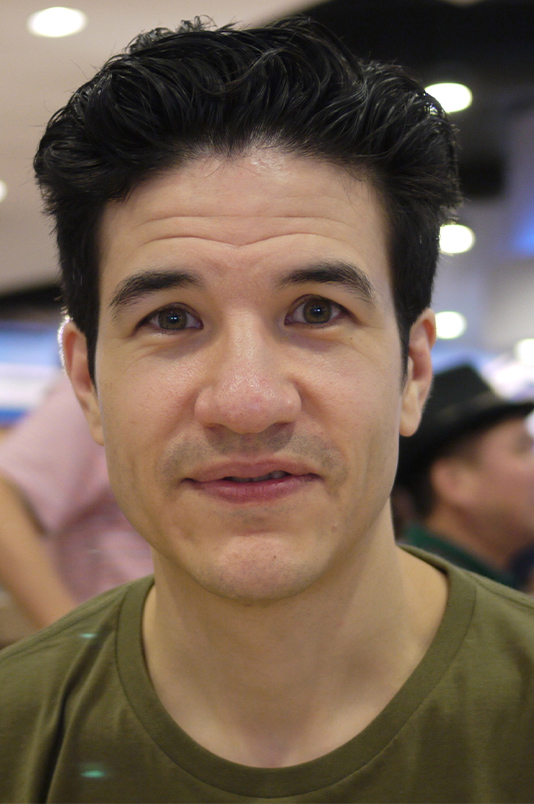
Being bi-racial, I’ve always had a multicultural view on life and that’s part of being a citizen of the world, as I see it.
The world has opened up a lot in recent decades,
says Robby. World trade has grown, which has expanded the supply of goods and brought billions of new consumers into the market. That’s a great example of shared network effects in the physical world. I would like to see greater sharing and openness in the digital world. Being bi-racial, I’ve always had a multicultural view on life and that’s part of being a citizen of the world, as I see it.
